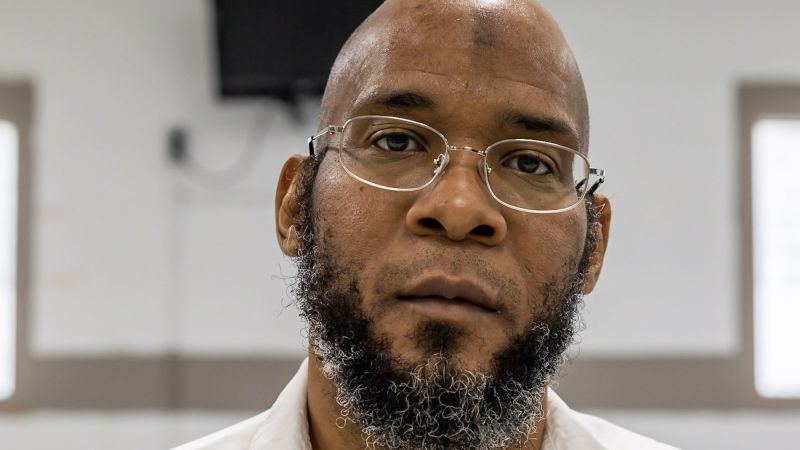The Supreme Court faced scrutiny this week after allowing Missouri to execute Marcellus Williams for a 1998 murder despite contested convictions. The decision drew criticism from groups claiming Williams was innocent, highlighting the court’s approach to the death penalty. The court has rarely granted last-minute reprieves for death row inmates, stepping in twice in the past two years out of more than two dozen emergency appeals. The court’s liberal and conservative justices tend to divide in these cases, with dissents coming mainly from the liberal wing.
The death penalty remains a prominent issue at the Supreme Court, with upcoming cases involving a woman convicted of killing her husband, an Alabama man claiming intellectual disability, and Richard Glossip, an Oklahoma death row inmate. Glossip is seeking to set aside his conviction due to prosecutorial errors, with Oklahoma’s attorney general acknowledging grave misconduct. Williams’ case, which sparked outrage on social media, was compared to Glossip’s, as both ha prosecutors raising concerns about the trials, but in Williams’ case, the state was in favor of the execution.
The lack of intervention in last-minute death penalty appeals has raised questions, with the Supreme Court rarely explaining its reasoning in denials. Justices Sonia Sotomayor, Elena Kagan, and Ketanji Brown Jackson have voiced dissent in previous death penalty cases, questioning the methods used for executions. While the court’s reluctance to review these appeals is based on looking for clear errors in lower courts rather than new evidence, the pending cases will soon show whether the high bar for intervention is met.
In a 1972 decision, the Supreme Court ruled that how states carried out the death penalty violated constitutional rights but did not ban the practice outright. States enacted new laws to restore executions in a manner consistent with the court’s ruling, leading to the current approach to death penalty appeals, which focuses on correcting severe misapplications of constitutional law by state court systems. The high bar set by the court to stop an execution remains in place, with upcoming cases set to test this standard.
Pending cases before the Supreme Court involve appeals from Alabama death row inmate Joseph Smith, who claims intellectual disability, and Brenda Andrew, facing the death penalty for her husband’s 2001 shooting death. Smith’s IQ testing places him just over the threshold for intellectual disability, while Andrew argues that irrelevant sexual history was used against her in court. The court’s decisions in these cases will clarify its approach to death penalty appeals and whether clear errors warrant intervention or not.


